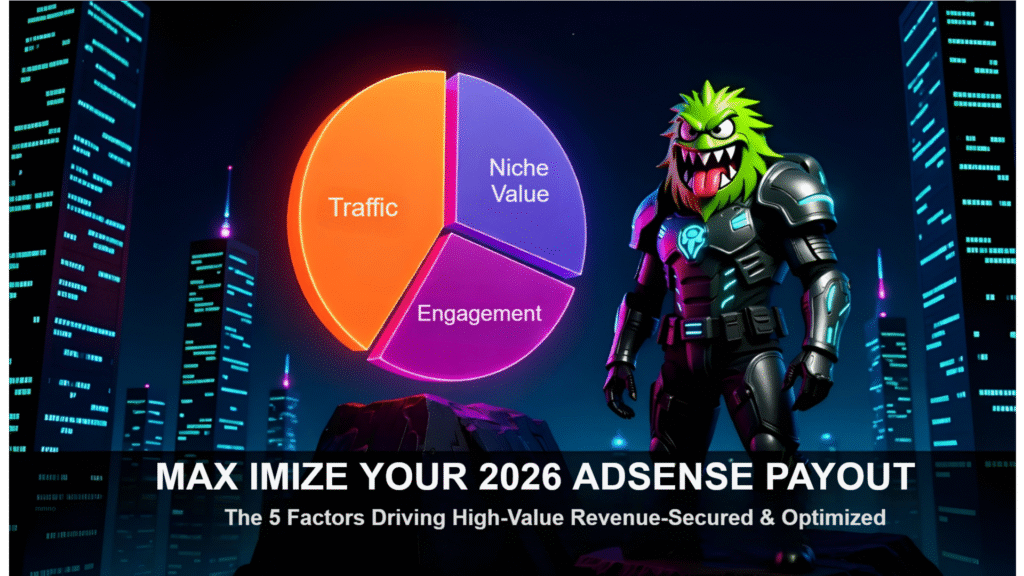The Ethical Implications of Artificial Intelligence: Key Issues and Concerns
Introduction:
Artificial intelligence (AI) systems are being rapidly developed and deployed across many industries. However, there are growing concerns about the ethics and potential risks related to more advanced AI. As AI becomes more capable and autonomous, we need to carefully consider the ethical implications.
The Opacity of AI Systems
One major issue with AI is opacity. Many advanced machine learning and deep learning algorithms are complex black boxes, making it difficult to explain their internal logic.
The Need for Explainable AI
There have been calls for more transparent and interpretable AI models, often referred to as “explainable AI.” Understanding how AI systems make decisions and predictions is crucial for identifying potential biases and errors. Keywords: explainable AI, AI transparency, interpretable machine learning
Techniques for Opening the AI Black Box
Various techniques have been proposed to improve AI transparency, such as developing new algorithms that are inherently more understandable, visualizing data flows, sensitivity analysis, and methods to quantify uncertainty levels in AI models.
Potential Biases and Discrimination
There are concerns that AI systems may discriminate against certain groups due to biased training data or algorithms.
Sources of Bias in AI
Bias can be introduced through flawed data collection processes, not having representative data, or by making incorrect assumptions in the model’s development.
Real-World Examples of Problematic AI
There have already been high-profile cases of real-world AI discrimination, such as in criminal risk assessment tools and recruitment algorithms exhibiting gender or ethnic bias.
Mitigating Discrimination in AI Design
Steps must be taken to ensure fairer AI, such as improved data sampling, testing for disparate impact, and adjusting algorithms to avoid discriminatory outcomes. Oversight is critical.
Lack of Accountability in AI Systems
With AI increasingly being used to make important decisions in finance, healthcare, and other fields, there are concerns over accountability gaps.
Who is Responsible When AI Fails?
If an AI system makes an incorrect or unethical choice that harms someone, legal liability is often unclear. Is the developer, user, or company behind the AI responsible?
Challenges of Establishing Causal Links
The black-box nature of many AIs also makes it difficult to ascertain exactly what factors led to a certain decision emerging from the system, creating accountability issues.
Solutions for Increasing Accountability
More transparency, monitoring, and impact assessments during development and deployment could help improve accountability. But oversight frameworks also need to adapt to AI’s unique risks.
Ensuring AI Aligns with Human Values
As AI matches and potentially exceeds human intelligence, we need to ensure it aligns with moral and ethical values.
AI Lacks Human Morality and Wisdom
While AI can optimize goals and make superhuman calculations, it lacks human notions of fairness, dignity, empathy, and ethics. This could lead to unintentional harm.
Approaches to Value Alignment in AI
Methods proposed for aligning AI with human values include Value-Targeted Design, Cooperative Inverse Reinforcement Learning, and training neural nets with rewards based on adherence to ethical principles.
The Difficulty of Defining “Correct” Values
There are also open questions about whose values should be programmed and whether universal AI ethics can be established across different cultures. An ongoing debate is needed.
Conclusion:
More research, discussion, and policy development are urgently required to address the ethical risks of continued AI advancement. With thoughtful oversight and the design of AI systems that align with human values, AI can be a powerful technology for good. But without proper safeguards, advanced AI could pose threats to fairness, accountability, and society as a whole.




















![[Artistly Design] 019a17a8-e325-731c-bbf3-a3ecdcf9b9b4](https://greenwebmonster.com/wp-content/uploads/2025/11/Artistly-Design-019a17a8-e325-731c-bbf3-a3ecdcf9b9b4.png)
![[Artistly Design]-019a69cc-06fb-7205-a4d1-29b753e4c824](https://greenwebmonster.com/wp-content/uploads/2025/11/Artistly-Design-019a69cc-06fb-7205-a4d1-29b753e4c824-2.webp)
![[Artistly Design]-019a69cc-06fc-72f0-bb8c-66b8ea162c6d](https://greenwebmonster.com/wp-content/uploads/2025/11/Artistly-Design-019a69cc-06fc-72f0-bb8c-66b8ea162c6d-3.webp)
![[Artistly Design]-019a69cc-06fc-72f0-bb8c-66b8eaf1c613](https://greenwebmonster.com/wp-content/uploads/2025/11/Artistly-Design-019a69cc-06fc-72f0-bb8c-66b8eaf1c613-3.webp)
![[Artistly Design]-019a69cc-06fc-72f0-bb8c-66b8eb708f8f](https://greenwebmonster.com/wp-content/uploads/2025/11/Artistly-Design-019a69cc-06fc-72f0-bb8c-66b8eb708f8f-4.webp)
![[Artistly Design]-019a778e-8f7b-7127-b987-be3eef6e84d4](https://greenwebmonster.com/wp-content/uploads/2025/11/Artistly-Design-019a778e-8f7b-7127-b987-be3eef6e84d4-2-scaled.webp)



